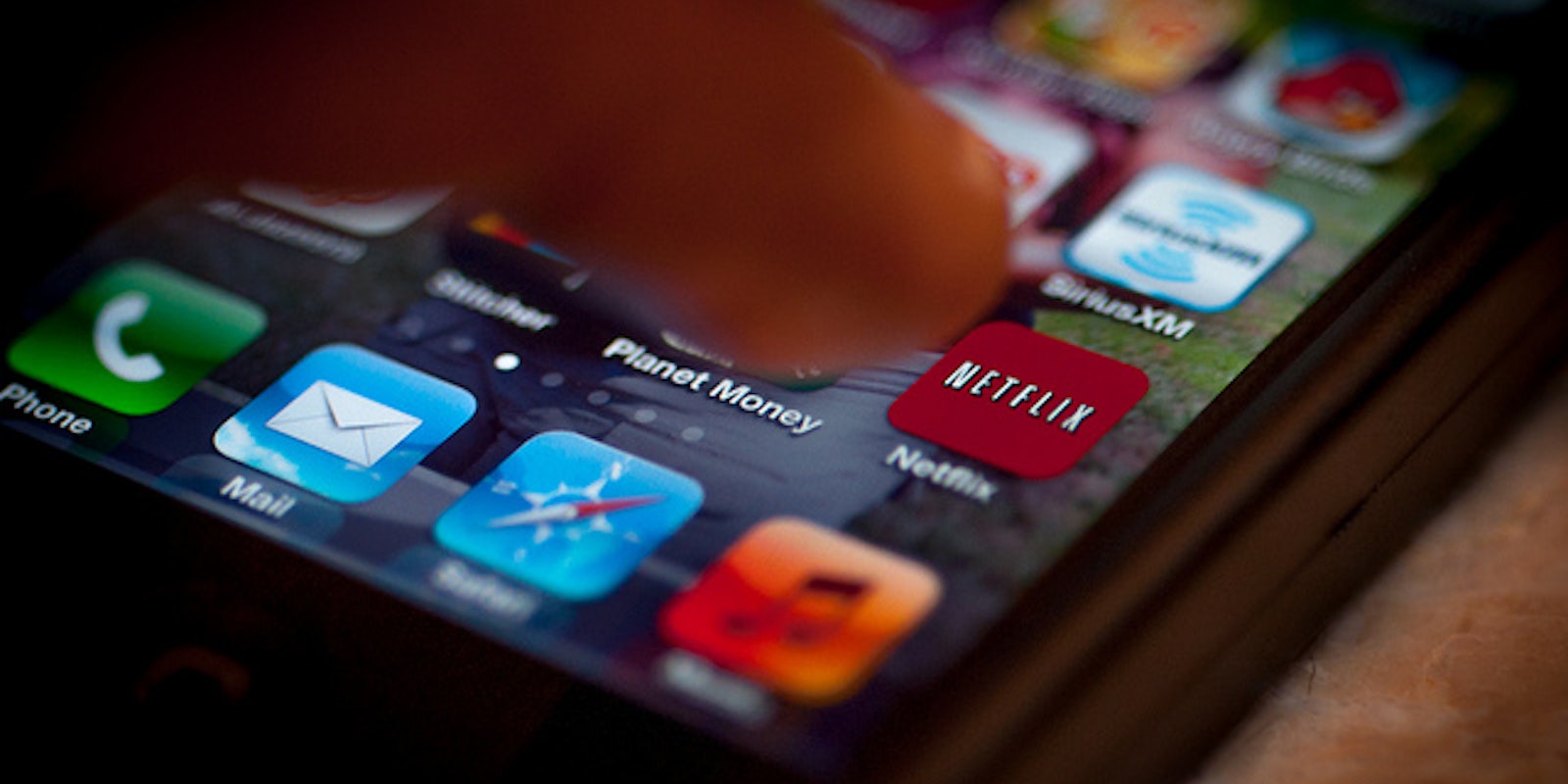Just one day after the death of famously rejected Reagan Supreme Court nominee Robert Bork, Congress voted to overturn a piece of video privacy legislation that was bizarrely inspired by the former Nixon solicitor general.
On Dec. 20, Congress officially repealed the Video Privacy Protection Act, a law enacted in 1988, after Bork’s rather humdrum video rental history was leaked to the press during his Supreme Court confirmation hearings.
But lest one think Congress was deferring to Bork’s legacy, the repeal of the VPPA had nothing to do with his passing. Like almost anything else on Capitol Hill, it was the culmination of years-long, million-dollar lobbying campaign—one spearheaded by Netflix.
The repeal of VPPA was a top legislative priority for the online video-streaming giant. The law has long prevented Netflix from sharing what titles users are watching on Facebook and other social media sites in the United States, similar to the way Spotify does with song titles.
Since September 2011, the company has allowed Facebook users in Canada and Latin America to connect their profiles to Netflix.
“Unfortunately, we will not be offering this feature in the U.S. because a 1980’s law creates some confusion over our ability to let U.S. members automatically share the television shows and movies they watch with their friends on Facebook,” wrote Netflix Governmental Relations Director Michael Drobac in a blog post at the time.
And that’s not been Netflix’s only gripe with VPPA. Under provisions in the law, the company was ordered to pay $9 million in a class action lawsuit for illegally retaining the rental histories of former customers last year.
It may seem odd that Netflix wants to become more like Spotify in its social sharing (especially when this is the third search result that comes up when you Google “Spotify Facebook”) but apparently not to Netflix executives. Through its own political action committee, Flixpac, and other lobbying efforts, the company spent more than $1 million on the cause in 2011 and 2012.
The repeal of VPPA is the biggest power play yet by Netflix, which has been steadily increasing its presence in the halls of Congress. Although Netflix only spent a paltry $20,000 on lobbying in 2009, the growth of the company has seen a rise in its legislative influence, according to Politico. In 2010, the amount of lobbying by Netflix grew to $130,000. The next year, the company spent half a million on official lobbying efforts for issues such as VPPA, the Stop Online Piracy Act and the Protect IP Act.
The company took its next big legislative step in April with the formation of Flixpac. The political action committee allows Netflix to donate up to $5,000 per election directly to federal candidates.
It is not clear how quickly Netflix will roll out Facebook integration. The VPPA repeal still awaits President Obama’s signature.
Neither Netflix nor Flixpac could immediately return The Daily Dot’s request for comment.
UPDATE: President Barack Obama signed into law Thursday a revision of the 1988 Video Privacy Protection Act, paving the way for Netflix to share users’ video streaming information on Facebook and other social media sites.
Photo by Shardayyy/Flickr


